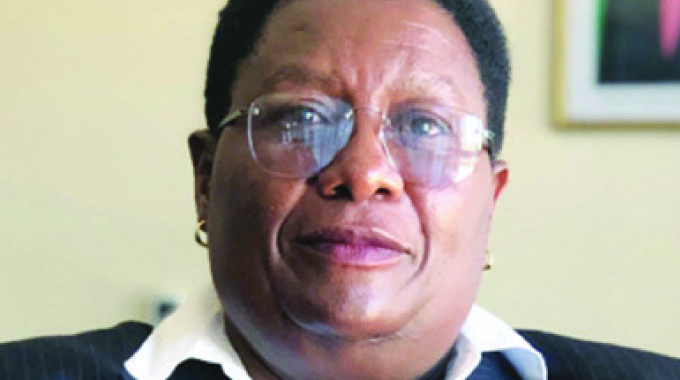Huge lift for agric services

Elita Chikwati Senior Reporter
The first batch of 500 motorcycles to ensure agricultural extension officers can easily reach the farmers they advise, monitor and help were handed over yesterday by President Mnangagwa to the Lands, Agriculture, Water and Rural Resettlement Ministry.
The President has mobilised 5 000 motorcycles as part of Government’s efforts to capacitate and upgrade agricultural extension workers to enable them to carry out their work more effectively. Shortages of transport have limited how many farmers they can reach and help.
President Mnangagwa handed over the motorcycles at a function at State House in Harare.
The motorcycles were received from local companies FSG and Valley Seeds.
Vice President Kembo Mohadi, several ministers, heads of departments in the Agriculture Ministry, members of the private sector and extension officers attended the function.
While donating piglets under the Presidential Livestock Inputs Scheme Support Programme in May, President Mnangagwa pledged to support the Ministry of Lands with 5 000 motorcycles in recognition of the need for a responsive, well-capacitated extension delivery system.
The motorbikes will be distributed to extension officers in the ministry’s departments with some assigned to agricultural colleges to enhance student training.
Receiving the motocycles, Lands, Agriculture, Water and Rural Resettlement Minister Perrance Shiri, said the handing over of the bikes was testimony that the leadership was in support of the transformation of the agriculture sector.
“Today’s event is an example of the commitment by the Government of Zimbabwe and partners to make Zimbabwe a food secure nation, that will be enable the country to regain its bread basket status for the Southern Africa region.
“With such kind of support from the highest office, the agriculture sector is poised for success and we are sure footed as we leap towards sustainable national food and nutrition security. Having a responsive agricultural extension service enables appropriate training and technical backstopping.
“A sound, technically aware mobile and robust extension services is a critical touch point in the agriculture transformation jigsaw. Technical backstopping and coaching of farmers is pivotal in boosting agricultural productivity, ensuring climate change adaptation, ensuring food security, improving rural livelihoods and promoting agriculture as an engine of pro-poor and inclusive economic growth,” he said.
Minister Shiri said the implementation of the land reform in 2000 had resulted in an increase in the number of farmers who desperately needed support of extension staff.
The department of Agritex has 4 790 agricultural extension workers and 505 extension supervisors, and the veterinary extension staff establishment is 1 563. However, of those, 1 312 are occupying posts.
Agritex has 620 functional motorbikes and 900 motorbikes that are non-runners while the Veterinary Services has 315 motorcycles, of which 254 are functional and 61 are non-runners.
Minister Shiri said the departments were severely handicapped in their quest to reach out to farmers because of the lack of mobility to enable frontline extension staff to carry out their duties, a development that has compromised visibility of extension personnel.
FSG managing director Mr Steve Morland said they were willing to work with Government in boosting agricultural productivity.
“I hope the motorcycles will go a long way in capacitating extension officers,” he said.
Valley Seeds managing director, Mr Temba Nkatazo, said they were grateful that the Government had allowed them to partner with the ministry.
“We hope this will translate to improved yields. We have realised that extension workers are willing to work and assist farmers but their major challenge is mobility,” he said.











Comments